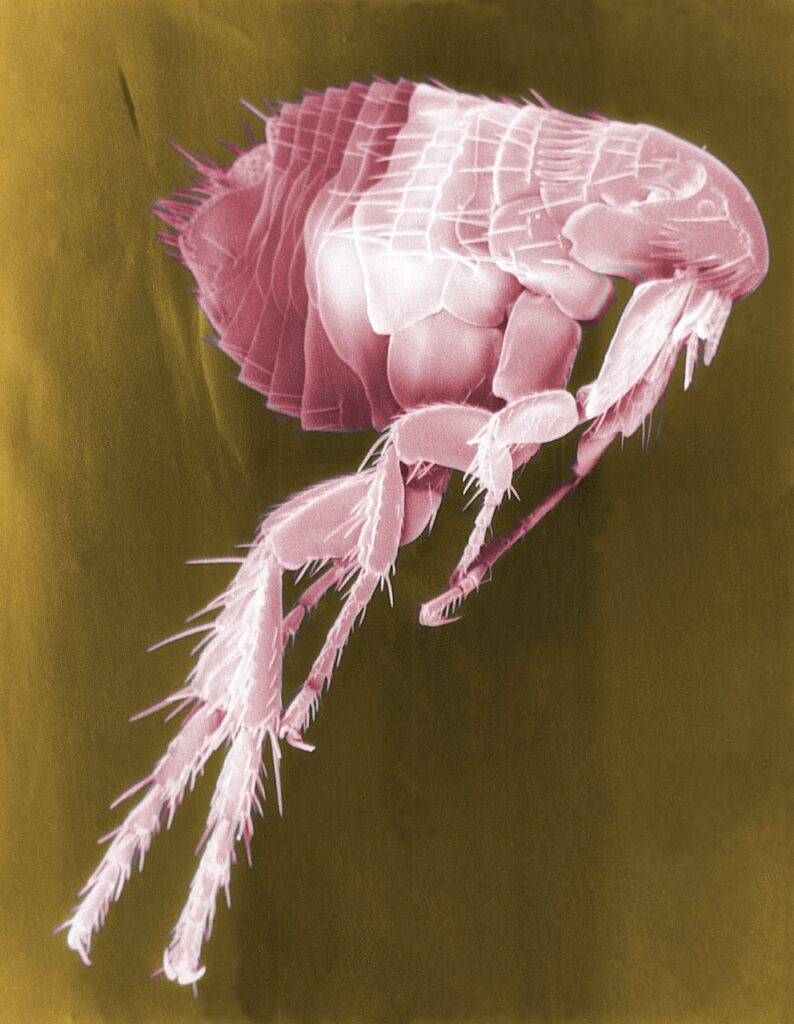From Scratches to Smiles: Dog Allergies Causes and Solutions
Hey there fellow dog lovers! As a dog owner, walker and photographer, I’ve seen my fair share of itchy, sneezy, and uncomfortable pups dealing with allergies. It’s not just humans who can be affected – our furry friends can also suffer from allergies that make their lives a little less wag-tastic. But fear not! In this guide, we’ll dive into the world of dog allergies, from what causes them to how you can help your furry companion find relief.
Understanding Dog Allergies
Picture this: you’re out for a walk with your dog, and suddenly, they start scratching like they’ve just discovered a hidden treasure. Well, that treasure might just be an allergy. Allergies in dogs can be caused by a range of factors, just like in us humans. Environmental allergies, food allergies, and even flea allergies can all lead to your pup’s discomfort.
Environmental Allergies: Nature’s Nuisances
Ever wondered why your pup seems to scratch more during certain times of the year? It could be due to environmental allergens like pollen, mould, dust mites, and dander. Imagine your dog frolicking in the grass, inhaling pollen particles that trigger an allergic reaction – not exactly a dog’s idea of a good time!

Food Allergies: When Dinner Doesn’t Sit Right
Have you noticed your dog’s tummy troubles after chowing down on certain foods? Food allergies can lead to all sorts of issues, from itchy skin to upset stomachs. Common culprits include beef, chicken, wheat, and dairy. It’s like their digestive system is playing a game of food roulette, but there’s no winning in this case.
Flea Allergies: Tiny Pests, Big Problems
Fleas are the uninvited guests that can wreak havoc on your dog’s comfort. Some dogs are particularly sensitive to flea saliva, and even a single bite can send them into a scratching frensy. It’s like having a relentless itch that just won’t go away – not a pleasant experience for our furry friends.
Causes of Dog Allergies
Let’s dig a bit deeper into what causes these pesky allergies to flare up.
Genetics and Predisposition
Imagine genetics as the puzzle pieces that determine whether your dog will be more prone to allergies. Certain breeds are more likely to develop allergies than others, which might explain why your neighbour’s Labrador seems perfectly fine while your poodle is scratching non-stop. Just like some of us inherited our parents’ curly hair, some dogs inherit a tendency towards allergies.
The Immune System’s Overreaction
An allergic reaction is essentially your dog’s immune system going into overdrive. Instead of just letting things slide, their immune cells get all worked up about harmless substances like pollen or certain proteins in food. It’s like your pup’s immune system is throwing a party and everyone’s invited – even the allergens!
Diagnosis: Cracking the Allergy Code
Okay, so your dog is scratching like there’s no tomorrow. What’s next? Time to play detective and find the underlying cause of their allergies.
Consulting a Veterinarian
Just like you’d go to the doctor if you weren’t feeling well, your pup needs to see the vet when allergies strike. They’ll ask about your dog’s history, symptoms, and potential triggers. It’s like piecing together a puzzle to figure out what’s making your furry friend uncomfortable.
Allergy Testing: Unmasking the Culprits
Ever played “guess the allergen” with your dog? Allergy testing takes the guessing out of the equation. Skin tests and blood tests can identify specific allergens that are causing your pup grief. It’s like solving a mystery – once you know the culprit, you can start planning your strategy.
Management and Solutions: The Comfort Crusade
Now that you’ve identified the enemy, it’s time to gear up and fight those allergies head-on.
Battling Environmental Allergies
Imagine your home as a fortress protecting your pup from allergens. Regular baths and grooming help reduce dander, while keeping things clean and well-ventilated minimises the allergen invasion. Think of it as a spa day and spring cleaning, all rolled into one!
Taming Food Allergies
Transitioning to hypoallergenic or limited-ingredient diets can work wonders for dogs with food allergies. It’s like treating your pup to a special gourmet meal tailored just for them. Of course, always consult your vet before making any dietary changes – they’re the experts, after all!
Conquering Flea Allergies
Flea allergies require a full-on attack plan. Year-round flea prevention, regular cleaning, and using effective flea control products are your weapons of choice. It’s like declaring war on those pesky fleas, ensuring your pup can live itch-free.

Treatment Options: Providing Relief
When allergies strike, your pup needs a helping hand to find relief.
Antihistamines: The Itch Fighters
Antihistamines can help alleviate itching and inflammation, making your dog feel more comfortable. It’s like giving them a soothing scratch without actually scratching.
Corticosteroids: The Heavy Hitters
For severe allergic reactions, corticosteroids might be necessary. These powerful medications can quickly bring relief to your pup’s discomfort. Think of them as the superheroes swooping in to save the day.
Immunotherapy: Building Tolerance
Immunotherapy, or allergy shots, can gradually desensitise your dog’s immune system to specific allergens. It’s like giving your pup a shield to protect them from future allergy attacks.
Lifestyle Adjustments: Making It Allergy-Friendly
Just like you’d adjust your own lifestyle for allergies, you can do the same for your pup.
Creating Safe Zones
Imagine designating certain areas of your home as “allergy-free sones.” This could be your pup’s safe haven where allergens are kept at bay. It’s like giving them a cosy nook where they can relax without the itch.
Hypoallergenic Everything
From bedding to toys, choosing hypoallergenic materials can make a significant difference. It’s like surrounding your pup with a cloud of comfort – minus the sneezing.
When to Seek Professional Help
Your dog’s well-being is your top priority, so it’s important to know when it’s time to call in the pros.
Severe or Worsening Symptoms
If your pup’s symptoms are getting worse or aren’t improving with at-home care, it’s time for expert guidance. It’s like knowing when to go to the doctor instead of trying to tough it out.
Prescription Medication or Specialised Treatment
Some allergies might require a more specialised approach. Your vet might recommend prescription medication or advanced treatment options. It’s like having a team of experts on your side to ensure your pup gets the best care.
Long-Term Outlook: Brighter Days Ahead
Managing allergies might feel like an ongoing battle, but there’s light at the end of the tunnel.
Just remember, you’re not alone on this journey. Your veterinarian is your ally, helping you navigate the world of dog allergies and finding the best solutions for your furry companion. With the right approach and a little extra care, your pup can enjoy a happier, itch-free life. So, let’s roll up our sleeves, armed with knowledge and determination, and help our four-legged friends conquer those allergies once and for all!

